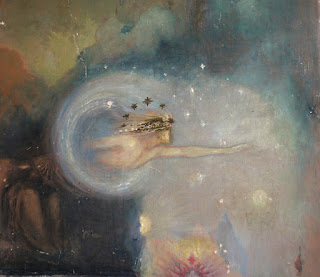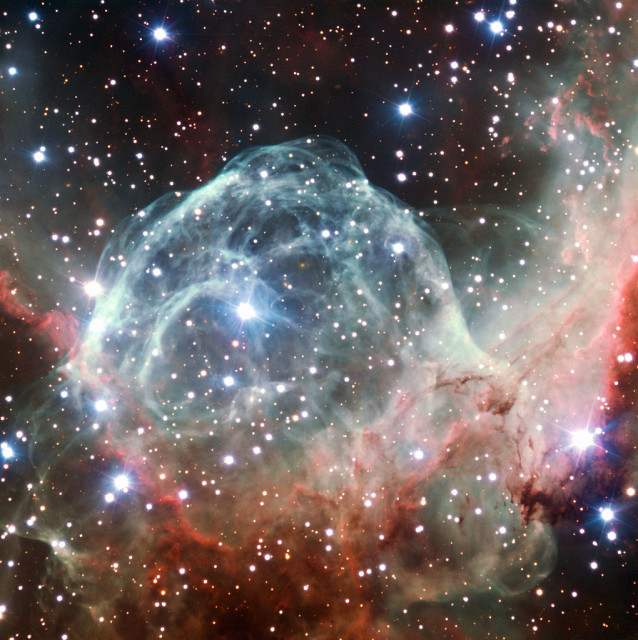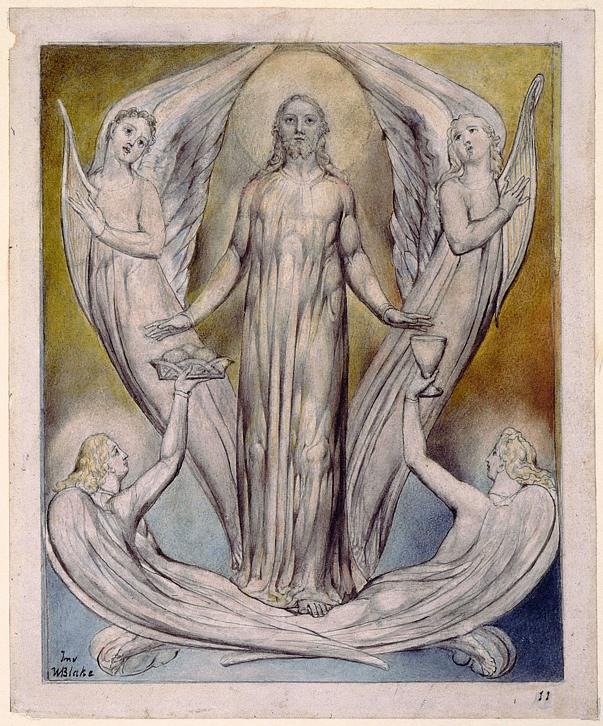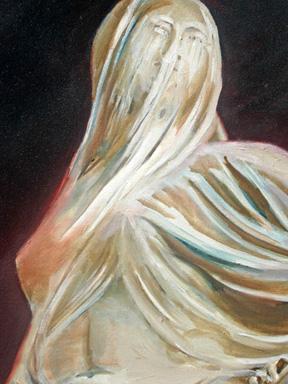There can be no argument as to the power of a word sung well. Of course the power is twofold - being the melody beneath the word also. The operas are a good example of such future passages of conversation (although no one said anything of projecting loudly).
Common speech, of course, has meter and melody of sorts, which although not explicitly musical has obvious inclinations preparing to engender. Oh, the golden tongue would best be sung! And the more one perceives the toneless reply, how cold and awkward the response!
Common speech is unworthy of soulful remonstration. There is a need for the words to be driven with soulful intent, before pure language and delivery may be addressed. It is that the words await great and implicit meaning before speech may evolve a great way further. For this to be achieved, it is to the overall consciousness of Man to which we look; and his sympathetic responses, his acknowledgments, his view of the world and of his brother.
Frequently one may picture those future times to come through windows which examine the past. The 'possibility' of the musical evolvement of speech, is in fact drawn from those times in the past when this was so. However there were not the physical organs as there are today. The emanations of sound upon the ether were produced satisfactorily, from a direct correspondence with the ether itself: sympathetic harmonies.
Some might even theorize that divinity realized best within the physical constitution of Man is his organ of the larynx.
For the main part our subtle, or not so subtle emanations, are unwittingly exuded from our being. We may devastate an area or happily irradiate; whichever the case, we expel that which we are as strongly as the scent is expelled from the gum leaf.
In the case of vocal production, in proper benediction, Man is taking charge of that which he may affect within the world. This is no easy matter, for one is to be in constant check of oneself in order to maintain a fluent, concise, thoughtful rendition. Whilst also the very character of a man shall be determinant, obvious and critical to unique sound and style- until that day of days when it is as second-nature to harmonize and perfect each note as striven for.
The vocal organs themselves are far from completion and presently do not allow the full complex abilities which will be paramount to this expression. So if the singer be frustrated or bemused with his existing ability, he may take comfort in the knowledge of a refined condition which happily awaits his future needs.
Voice production is reliant upon the expulsion of breath, which of itself has been transformed by the man from whom it issues. The actual emission differs from that of an ordinary breath - and what is given to the world by song is everlasting. It remains. From the primeval chant through to the 'enchanting' compositions we now know, all voice has been recorded as a testament to humanity. The impressions upon the ethers remain, pushed out into the outer layer of the Earth's auric shell, where the voice of song becomes as a moving crystal window - very simply, it is just like the colors which move on the surface of a bubble, how they all spill into each other and wind between, and so forth. This is the expression of a collection- of a throng or single voice. It is quite visible to those who are in the aspect which may view the globe from the outer edge.
There is much beauty in this, one may enter this region and prick apart the floating song. Not only shall the version that remains be of a higher aspect, but shall tell of he who sang those notes and of those times and conditions from whence they sprung. If there is great passion or concern, romance or sorrow within the content of that song, that too shall be unwound in the retelling, in the recant.
So it is that that which would appear as less tangible, and verily lost to the wind, is held for time and as exclamation to worlds beyond. There is a paradox that men often perceive endurance and permanence in those things which are the least worthy to continue. But what of those qualities and offerings which are the offspring of Man, which most truly and accurately make statement of his being? Surely it is as close as he becomes as our Father Himself, and the might of Christ. Such might is not by sword or by deflection, but by the capacity to submit love to that which we embrace in its entirety.
Voice upon voice the Heavens have been built. We may have a phrase here "Lend us a hand", whereas they cry "Lend us your voice". For the voice is that outward projection of essential you- one is either contained or receptive, or projective. As being, being-apparent, one 'voices' their presence. They do not flap about, waving madly in the air to attract attention, the potency is in voice. Furthermore, cosmically, the voice is creative. So it may actually produce that which is designed to be, by he who sings. And, this is not on an illusory basis.
There can be great conjecture as to the nature of illusion, especially when regarding those manifestations which have been made apparent by lesser beings. But here is one useful definition: A true illusion is one which exhibits the appearance of substance which is ensouled, but in fact is not ensouled. Also too, it will be transitory by standards of the usual appearance and disappearance. Some would have it, that most of the world is illusory because it lacks the kind of permanence which is won by becoming actual substance ensouled, enspirited and everlasting as is. However, those aspects - such as songs of men, as mentioned above - those aspects which are inherently valuable do remain; albeit distilled from worldly relatives, with shared characteristics and causal links to the men that produced the enduring remains.
But men must necessarily continue on and make for radical change about their person; and enhance their individuality. In light of this progression, it may appear that all that has gone before is illusory (in the light of the now present), when in fact it does substantiate a varied past, and bring relevance to it. Nothing is fixed universally. It is true that that maybe the only fixed statement one may make. The sequence of a dance maybe a little predictable though, however, nonetheless, nothing remains fixed indefinitely. Even change changes.
And if change ever changes to 'fixed', we'll all be stuck!
























